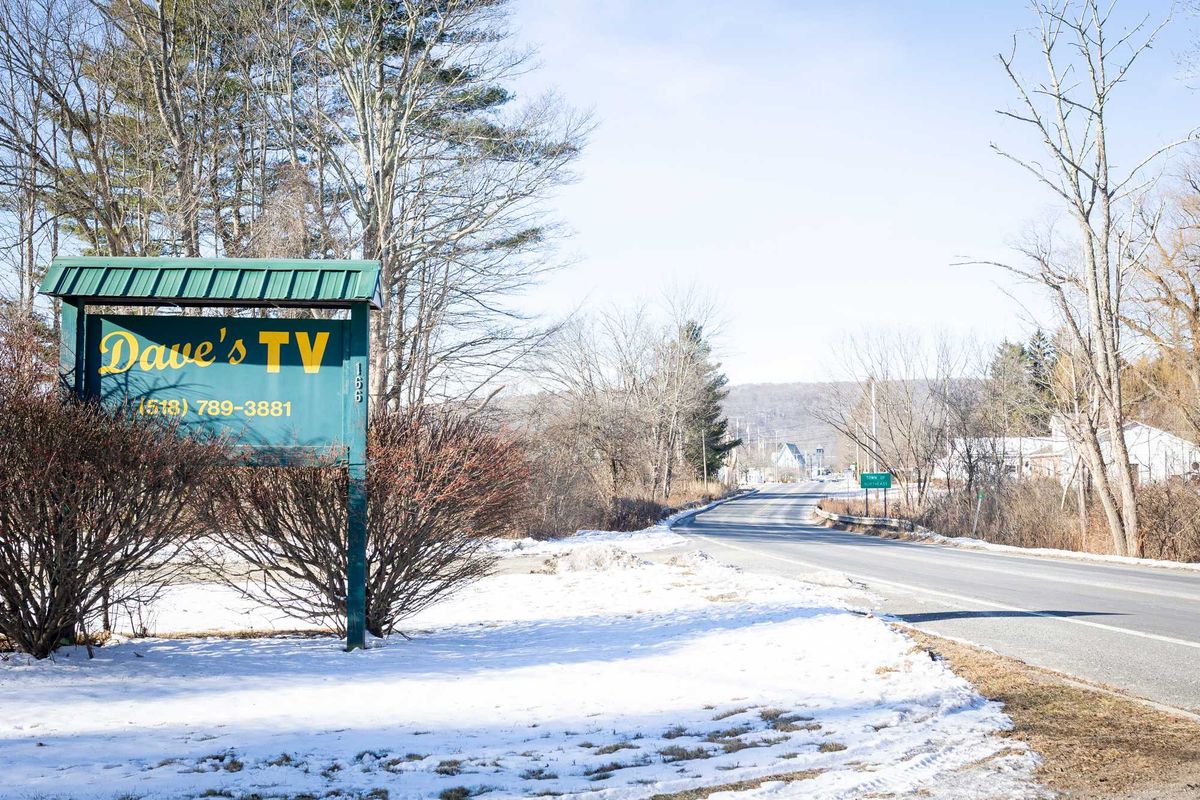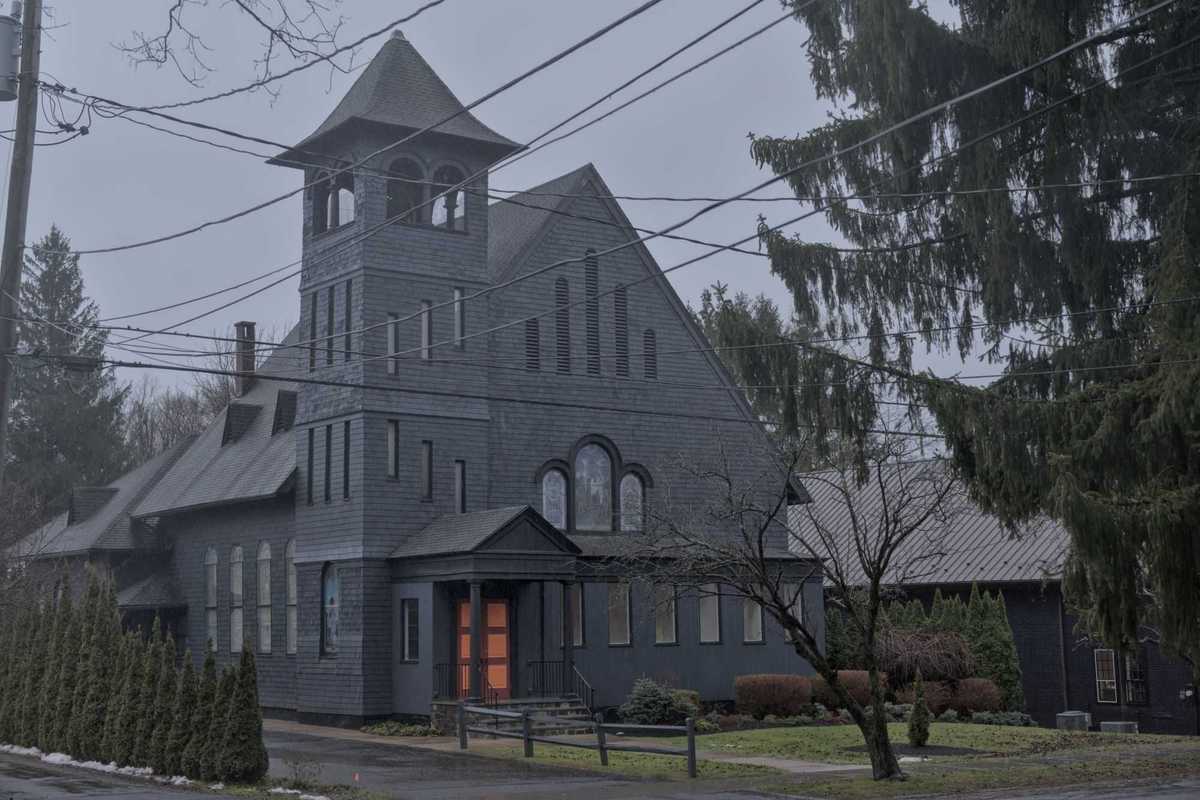Dear EarthTalk: What exactly is “climate feminism?” — Jim M., Lorton, Va.
Climate change impacts the everyday lives of all citizens around the globe, but certain communities are disproportionately affected. Women, in particular, shoulder a disproportionate burden as they are most reliant on natural resources for their livelihoods but lack the needed resources to properly respond to climate disasters. With women representing over 70% of the total global population living in poverty, the United Nations estimates that 80% of those displaced by climate change are women.
At the very core of female climate change vulnerability is the pervasiveness of patriarchy and gender hierarchies. Flooding, drought and other effects of climate change, such as increased heat and air pollution, can disproportionately impact women, particularly pregnant women, causing premature births, stillbirths and other problems.
“[The climate crisis] grows out of a patriarchal system that is also entangled with racism, white supremacy and extractive capitalism,” says author and climate activist Katharine K. Wilkinson. And while women may be the most impacted by climate disasters, they have limited opportunities to participate in decision-making processes.
Despite historical setbacks, climate feminists have made much progress in recent years, with increased female representation in government roles and leadership positions. Today, many of our climate justice leaders are women. Youth activist Greta Thunberg has captured the attention of global leaders, demanding they take immediate action against climate change. U.S. Representative Alexandria Ocasio-Cortez developed and proposed the Green New Deal, pushing the U.S. government a step closer to recognizing the scale of our climate crisis and enacting drastic environmental policy changes.
That said, how can we help advance climate feminism? Men in positions of power can certainly change the face of climate leadership by listening to the ideas of women from diverse backgrounds — and stepping back for women to make the decisions and set the vision.
Most important, women need more leadership positions in local sustainable management and development in addition to increased representation in the federal government. National climate policies that are gender-responsive can not only bring greater responsiveness to the public’s needs but also help dismantle ethnic or gender divides in the environmental field, pointing toward a more peaceful and sustainable future.
EarthTalk® is produced by Roddy Scheer & Doug Moss for the 501(c)3 nonprofit EarthTalk. See more at www.emagazine.com. Send questions to question@earthtalk.org.















Women’s role in climate change